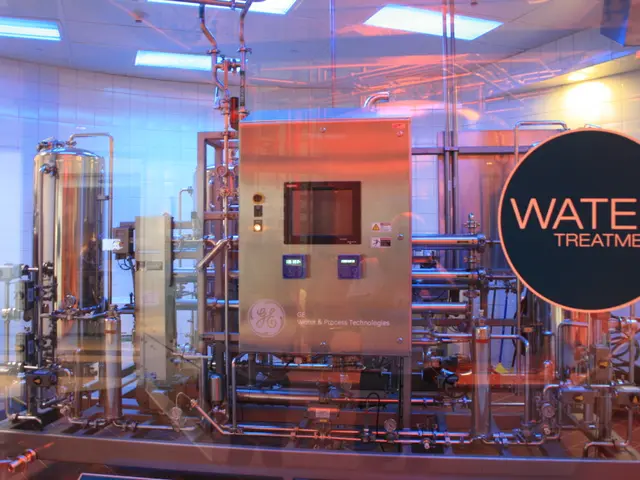Missouri Lawmakers Tighten PACE Rules; EPA Cuts Power Plant Emissions
Missouri lawmakers have proposed new regulations for Property Assessed Clean Energy (PACE) financing programs, while environmental groups urge federal regulators to prevent utility lobbying with ratepayer funds. Meanwhile, the EPA has finalized a rule to limit nitrogen oxide pollution from power plants in 12 states.
Missouri lawmakers are pushing for stricter oversight of PACE programs, with bills that mandate a state review every two years and give mortgage holders veto power over PACE loans. This comes as environmental groups call on federal energy regulators to stop utilities from using ratepayer funds for lobbying activities.
In a significant move, the EPA has finalized a rule to limit nitrogen oxide pollution from power plants in 12 states. This decision follows a court order issued last year and aims to improve air quality in regions affected by these emissions.
Federal regulators recently held a listening session to gather feedback on their pipeline approval process and address complaints from Pennsylvania landowners regarding eminent domain issues. This session is part of an ongoing effort to engage with stakeholders and improve the regulatory process.
A new report from the Union of Concerned Scientists raises concerns about advanced nuclear reactors, suggesting they may pose greater safety risks than the technology they aim to replace. Meanwhile, NextEra Energy has unveiled plans for a $700 million solar project at a decommissioned nuclear plant in Iowa, demonstrating a shift towards renewable energy.
An analysis by the Rhodium Group found that air quality in the U.S. actually deteriorated last year during pandemic lockdowns compared to other countries, particularly on the West Coast due to record-setting wildfires. This contrasts with the initial expectation that lockdowns would lead to improved air quality.
In other news, a Princeton University study suggests that the U.S. needs a national social compact to achieve net-zero emissions by 2050, rather than relying on the current patchwork of ideas. This comes as a new investigation reveals that the oil and gas industry knew about the dangers of fossil fuel air pollution at least 50 years ago but fought regulations.
Twenty-one states have filed a lawsuit against the Biden administration for canceling a key permit for the Keystone XL pipeline. The lawsuit argues that the administration's decision was arbitrary and capricious, and seeks to reverse the cancellation of the permit.
These developments highlight the ongoing debate and action surrounding energy policy, environmental regulations, and the transition to cleaner energy sources. As the U.S. works towards net-zero emissions, stakeholders continue to push for stronger regulations, increased oversight, and a more comprehensive approach to energy policy.








